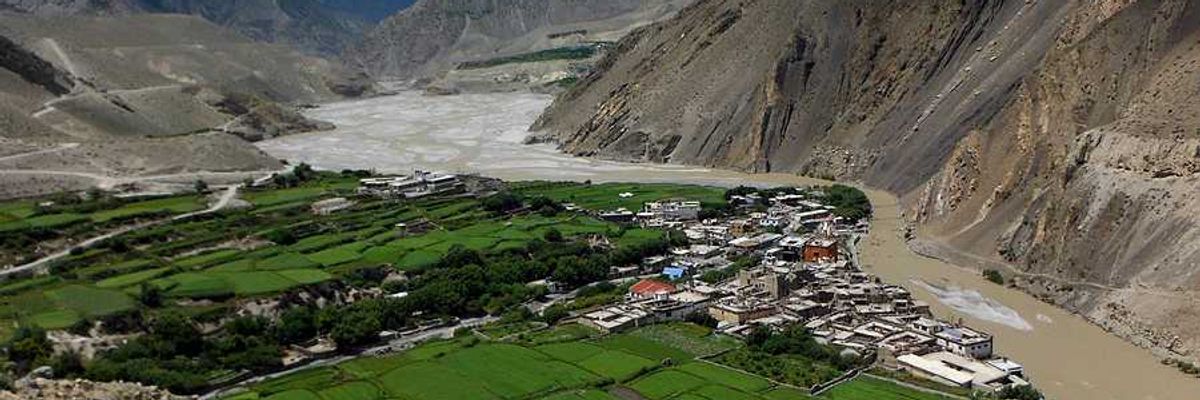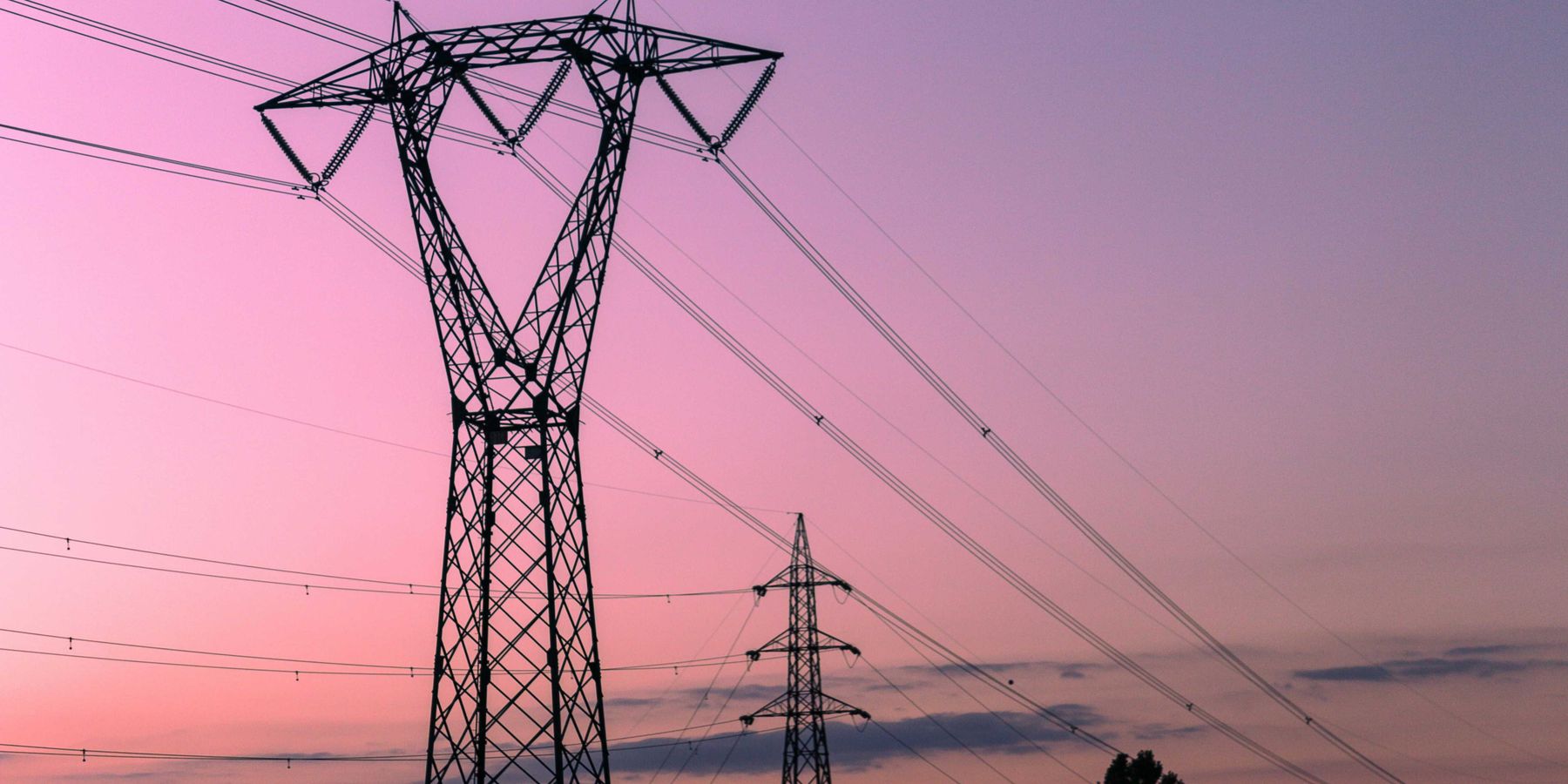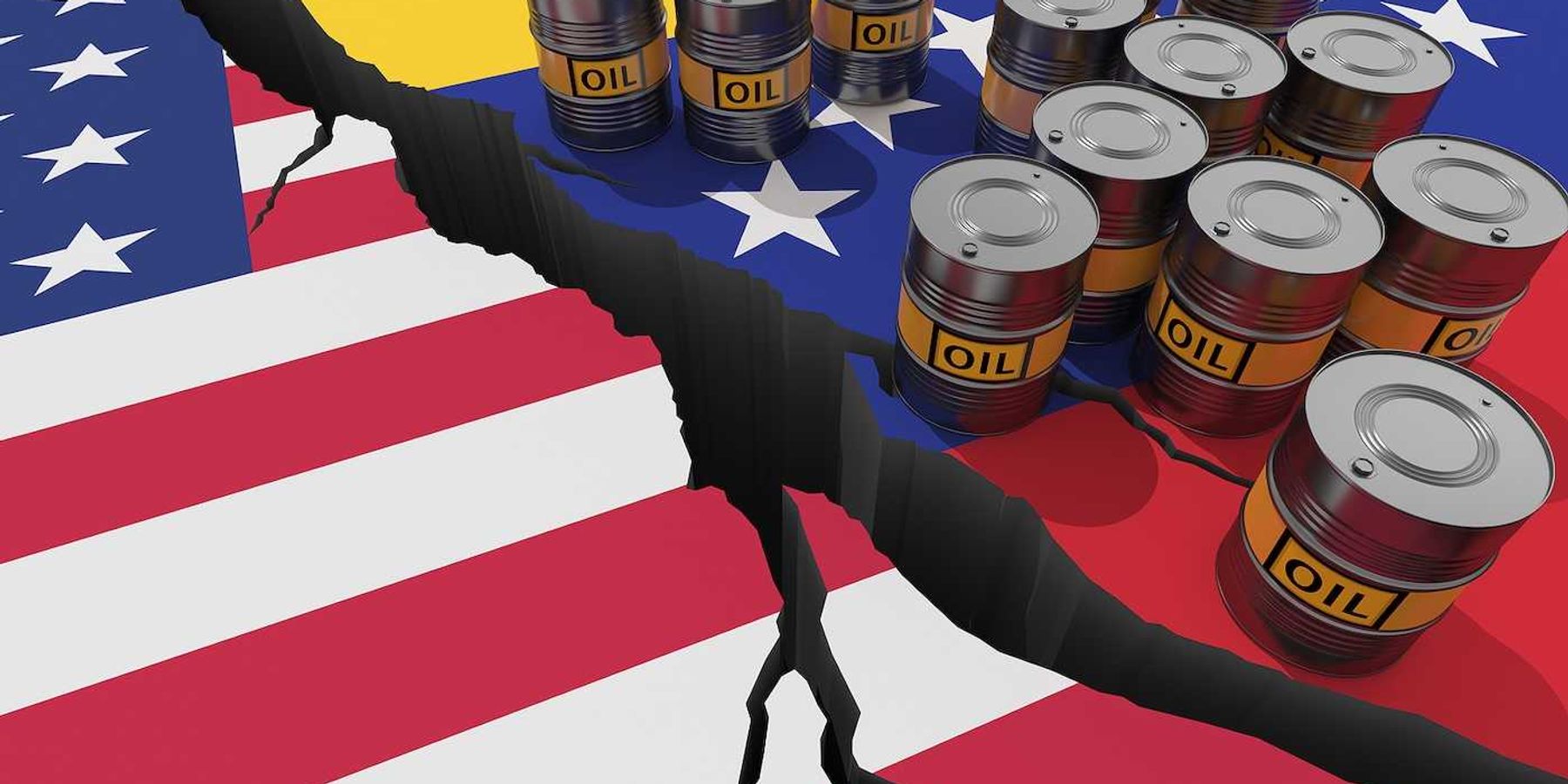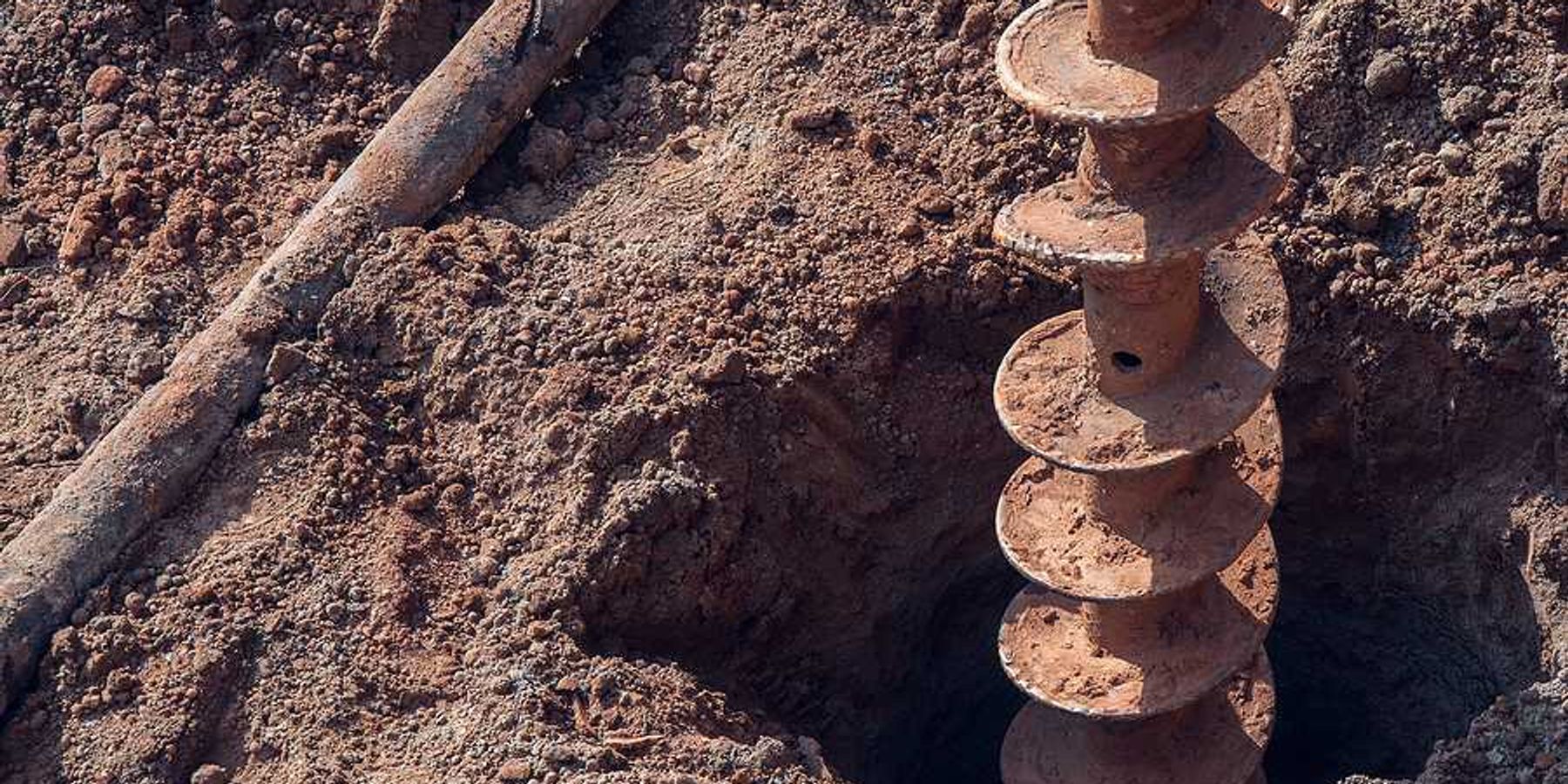leaks
Illinois carbon capture project faces early corrosion issues, raising long-term safety concerns
The nation’s first carbon capture and storage project, located in Decatur, IL, has violated Safe Drinking Water Act regulations due to corrosion in a monitoring well, according to the EPA.
In short:
- The Decatur project, run by Archer-Daniels-Midland (ADM), was the first in the U.S. to inject captured carbon into deep wells for storage.
- EPA inspections found corrosion in a monitoring well used to detect leaks, prompting concerns about long-term risks to groundwater safety.
- ADM has plugged the affected well and stated that local drinking water remains unaffected.
Key quote:
“This incident puts an exclamation point on concerns communities across the country have been raising for years about the dangers the CCS industry poses to public safety and drinking water.”
— Jim Walsh, policy director of Food & Water Watch.
Why this matters:
Corrosion and leaks in carbon capture projects could threaten drinking water and public safety. Early issues like this may signal more severe problems as these facilities age, potentially undermining their role in climate solutions.
Manitoba's pipeline oversight faces scrutiny after recent shutdown
A recent pipeline shutdown has exposed significant gaps in Manitoba's oversight of its oil and gas industry, raising concerns about the province's regulatory practices.
In short:
- Manitoba has not updated its pipeline oversight policies despite an oil boom and calls for better practices.
- A recent pipeline shutdown revealed deficiencies in monitoring and staffing, with only 13 inspections in five years.
- Other provinces have improved oversight following critical reports, but Manitoba lags behind.
Key quote:
“This Imperial Oil incident has really highlighted some of the gaps, perhaps, in governmental oversight.”
— Tracy Schmidt, Manitoba Environment and Climate Change Minister
Why this matters:
Critics argue that this incident underscores the need for stronger regulatory practices to prevent such disruptions and protect the environment. The province’s current oversight mechanisms have been deemed insufficient to address the complexities and risks associated with oil and gas operations. Environmental advocates are particularly worried about the potential for oil spills and other ecological impacts that could arise from such regulatory failures.
New Mexico oil reform bill collapses amid industry opposition
New Mexico’s attempt to pass a reform bill to address the state's unplugged oil wells collapsed after industry groups opposed the final proposal they had helped shape.
In short:
- New Mexico's oil industry initially supported negotiations to address over 70,000 unplugged wells but opposed the final reform bill, leading to its collapse.
- The proposed bill aimed to increase financial accountability for well plugging and establish safety zones around wells.
- Industry lobbying and internal disagreements among stakeholders weakened the bill, preventing it from passing the House.
Key quote:
“We are continuing to work with policymakers to advance balanced regulations that enhance safety, sustainability and environmental stewardship and help ensure that American energy is produced responsibly from start to finish.”
— Holly Hopkins, American Petroleum Institute
Why this matters:
Unplugged wells pose significant environmental and public health risks, leaking toxic substances. Without reform, taxpayers may bear the financial burden of cleanup, exacerbating the already critical issue of orphan wells nationwide.
Legislators in Pennsylvania push controversial carbon capture bill
Pennsylvania legislators are backing a contentious bill to establish a carbon capture industry, raising environmental and public health concerns.
In short:
- Senate Bill 831 allows for carbon dioxide injection with minimal landowner consent and exempts operators from seismic monitoring in certain conditions.
- Environmental groups warn of potential leaks, health hazards, and insufficient landowner involvement in decision-making.
- The bill's supporters argue it is essential for the state's energy future and to secure federal funding for climate initiatives.
Key quote:
“This idea that they’re going to go all in on carbon capture and try to inject this stuff in the same places where it’s like Swiss cheese … is just plain stupid.”
— Karen Feridun, co-founder of the Better Path Coalition
Why this matters:
The bill proposes the development of infrastructure to capture carbon dioxide emissions from industrial sources and store them underground. This technology is seen by supporters as a vital tool to curb emissions from sectors that are hard to decarbonize, like manufacturing and energy production.
But critics warn that the environmental and health implications could be significant. Concerns range from the potential for groundwater contamination to the risk of carbon dioxide leaks, which could pose serious hazards to nearby communities. There are also fears that focusing on CCS might divert attention and resources away from renewable energy and energy efficiency measures, which are essential for a sustainable future.
SoCalGas plans hydrogen blending test in Orange Cove
Southern California Gas Co. aims to blend hydrogen into the gas lines of Orange Cove, a predominantly Latino community, to lower greenhouse gas emissions after wealthier areas rejected the plan.
In short:
- SoCalGas will test a hydrogen-natural gas blend in Orange Cove to reduce climate emissions, involving low-income farmworker residents.
- Risks include increased nitrogen oxide pollution and hydrogen leaks, with monitoring planned to mitigate dangers.
- Critics argue the experiment offers minimal climate benefits and exploits a vulnerable community.
Key quote:
“Disengagement creates a breeding ground where things like this happen, where people don’t know there is a hydrogen blending plant planned for the community.”
— Genoveva Islas, founder and executive director of Cultiva la Salud
Why this matters:
Hydrogen blending is part of California's strategy to cut emissions, but the project raises concerns about safety and fairness in using disadvantaged communities for environmental experiments. Critics argue that the benefits may not justify the risks and that more effective emission reduction methods exist.
Pipeline test failure raises concerns about project safety
A rupture in the Mountain Valley Pipeline during recent testing has reignited concerns among environmentalists and locals, intensifying debates over the project's safety and environmental impacts.
In short:
- A recent Mountain Valley Pipeline rupture occurred during hydrotesting near Roanoke County, with the company affirming the integrity of their testing process.
- The incident, which involved a segment being damaged on May 1, was reported without causing injuries but raised environmental concerns due to sedimentation.
- Despite ongoing legal and environmental challenges, the company plans to continue construction and testing.
Key quote:
"We are committed to ensuring the safe and responsible operation of this project, and the hydro testing process is an important aspect of preparing this pipeline system to operate safely for decades to come ... "
— Natalie Cox, company spokeswoman
Why this matters:
The Mountain Valley Pipeline, designed to transport natural gas through the Appalachian Mountains, has been touted by proponents as a necessary step toward energy independence and economic growth. However, critics have argued that it poses significant risks to local ecosystems, water sources, and public health.
Legal loophole in gas industry impacts Pennsylvania residents' health
A loophole in natural gas industry regulations is causing health concerns for Pennsylvania residents living near fracking areas, with unchecked methane emissions and other pollutants from midstream activities compromising local air quality.
In short:
- Residents near natural gas facilities in Pennsylvania experience health issues due to unregulated midstream emissions, including methane and volatile organic compounds.
- The Environmental Protection Agency's new rule aims to reduce methane emissions but does not address cumulative impacts of minor leaks from midstream activities.
- Legal and environmental experts suggest aggregating minor emissions to classify them as major sources, thereby enforcing stricter regulations.
Key quote:
“Unfortunately, EPA allows this to happen."
— Ilan Levin, associate director at the Austin, Texas, office of the Environmental Integrity Project
Why this matters:
This article highlights a significant environmental and public health issue, where regulatory loopholes in natural gas emissions impact local communities. Understanding the cumulative effect of these emissions is crucial for informed policy-making and protecting public health, particularly in areas with intensive natural gas extraction and processing activities.









